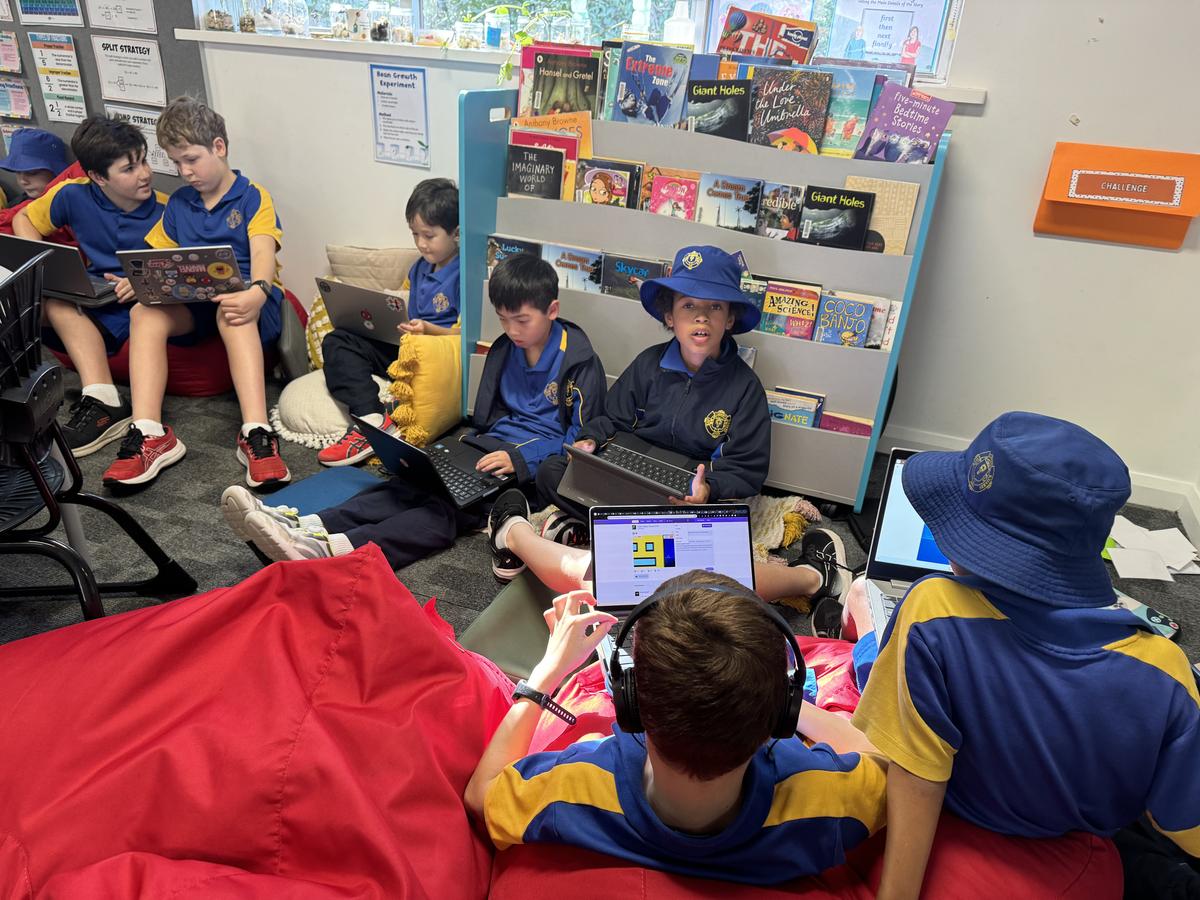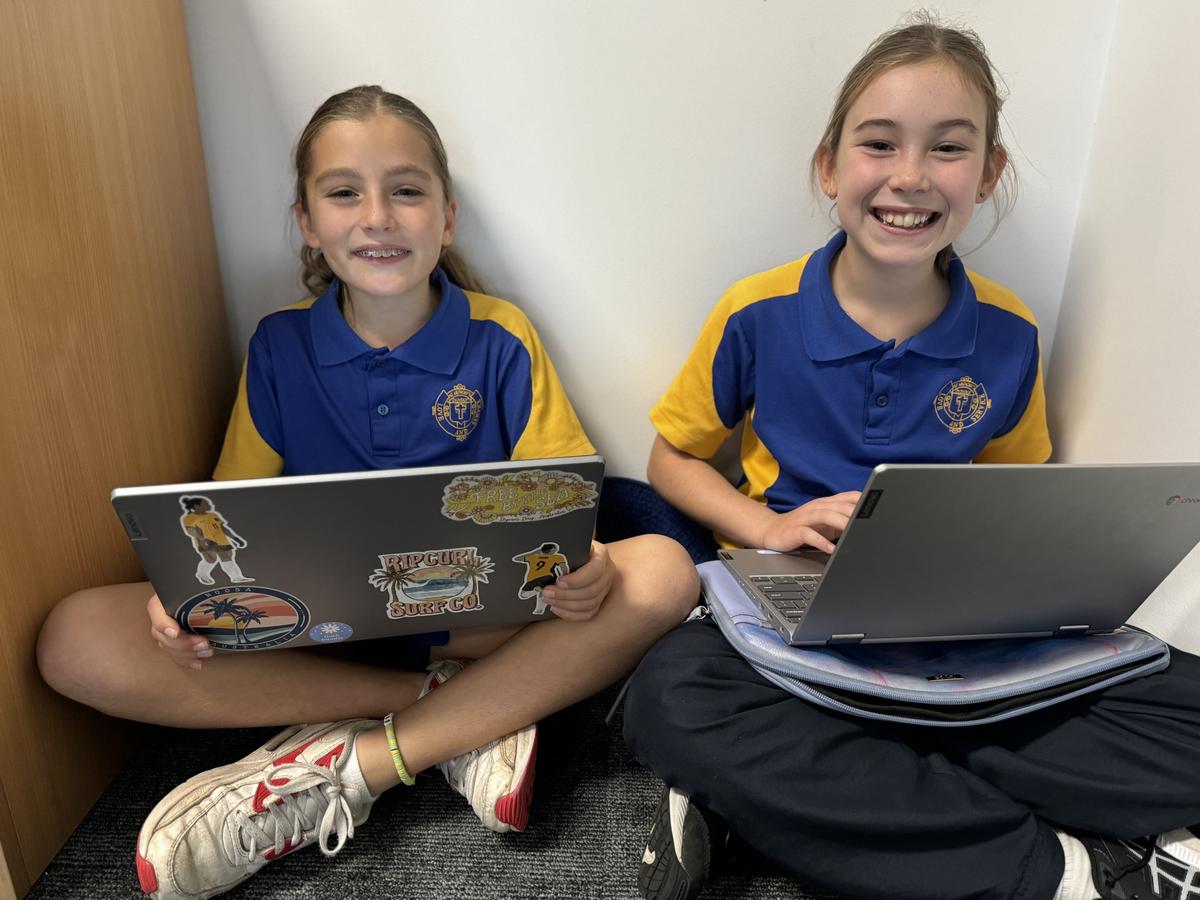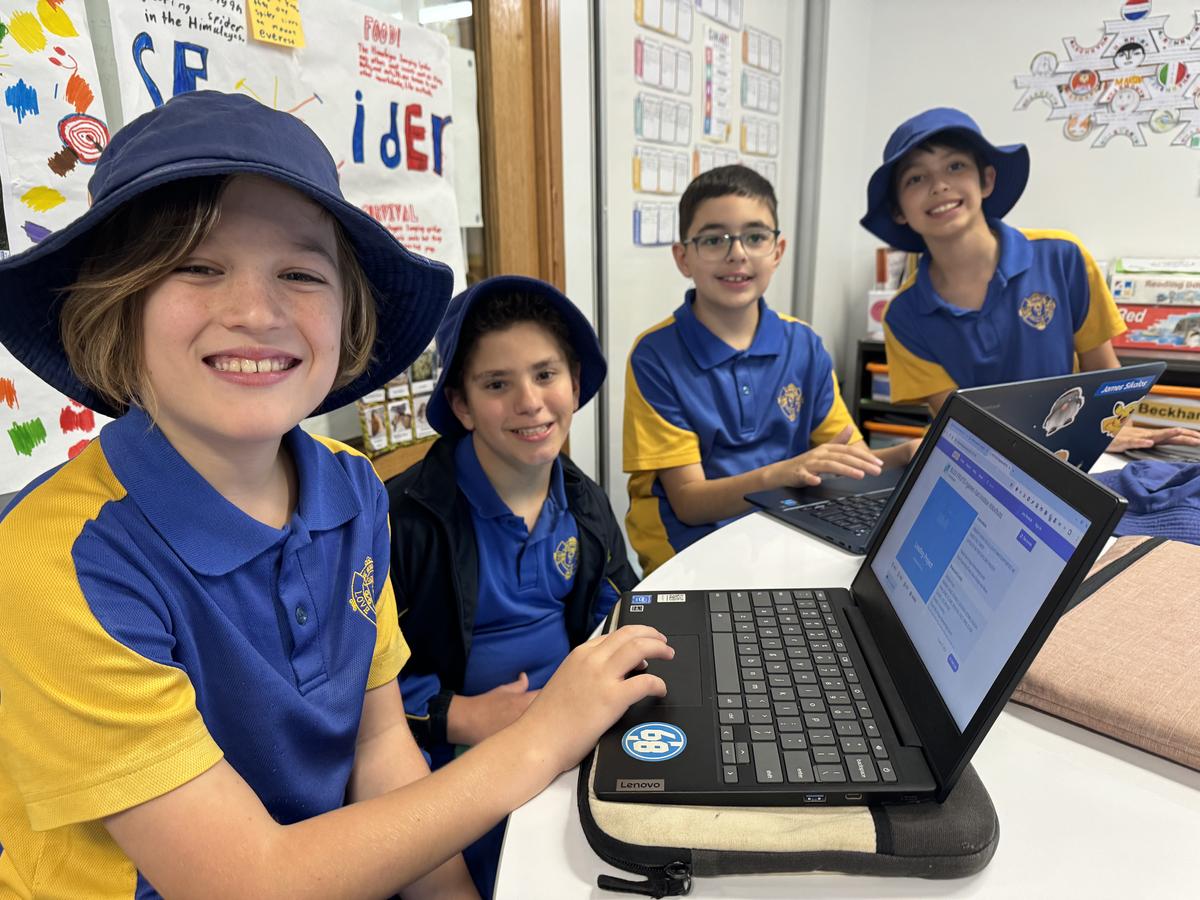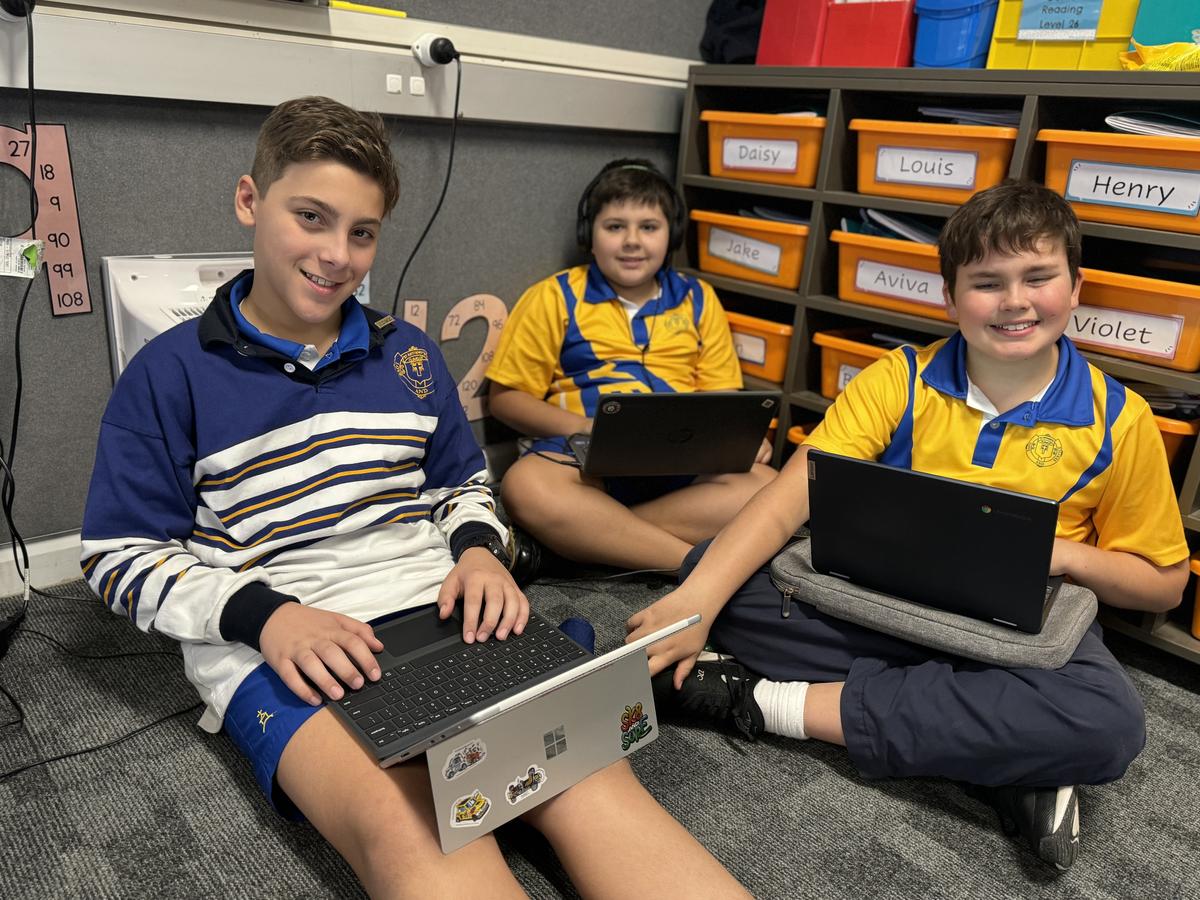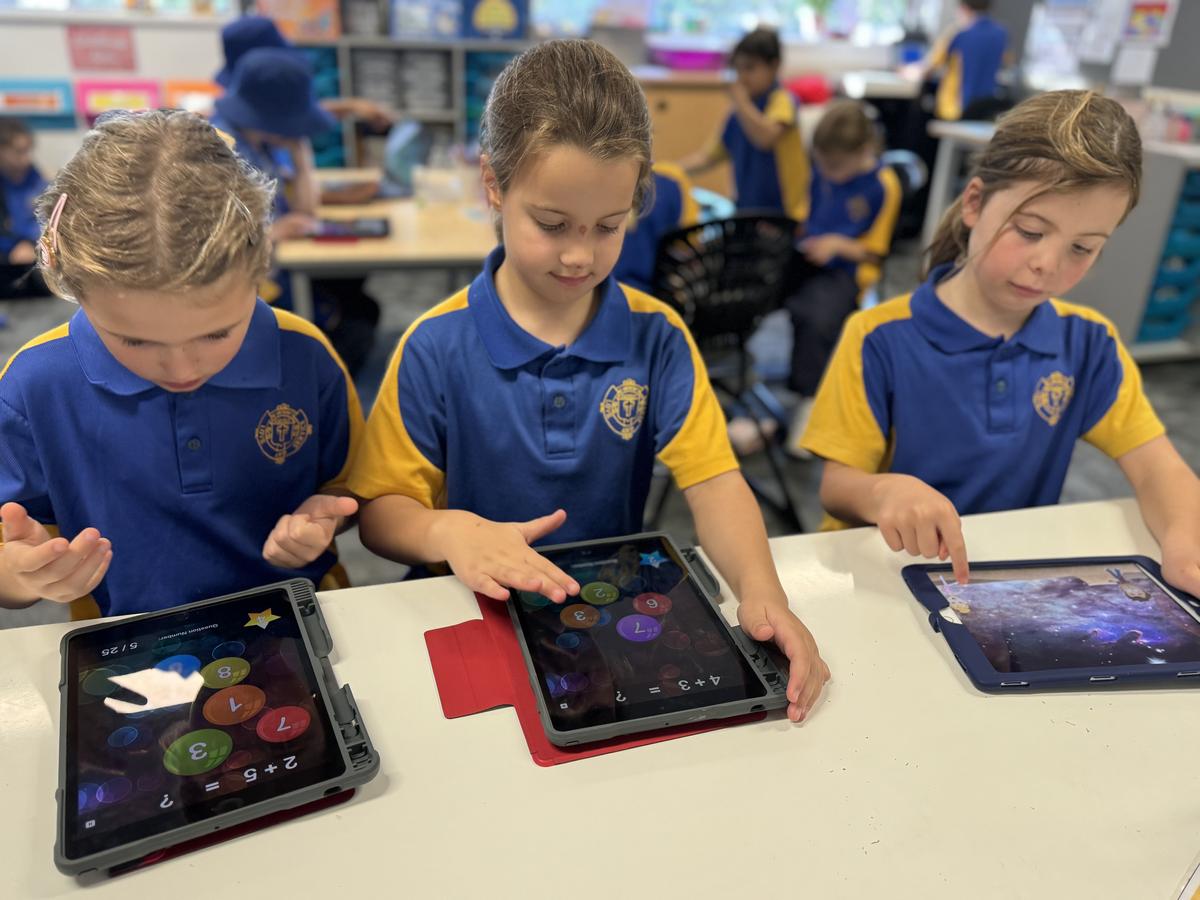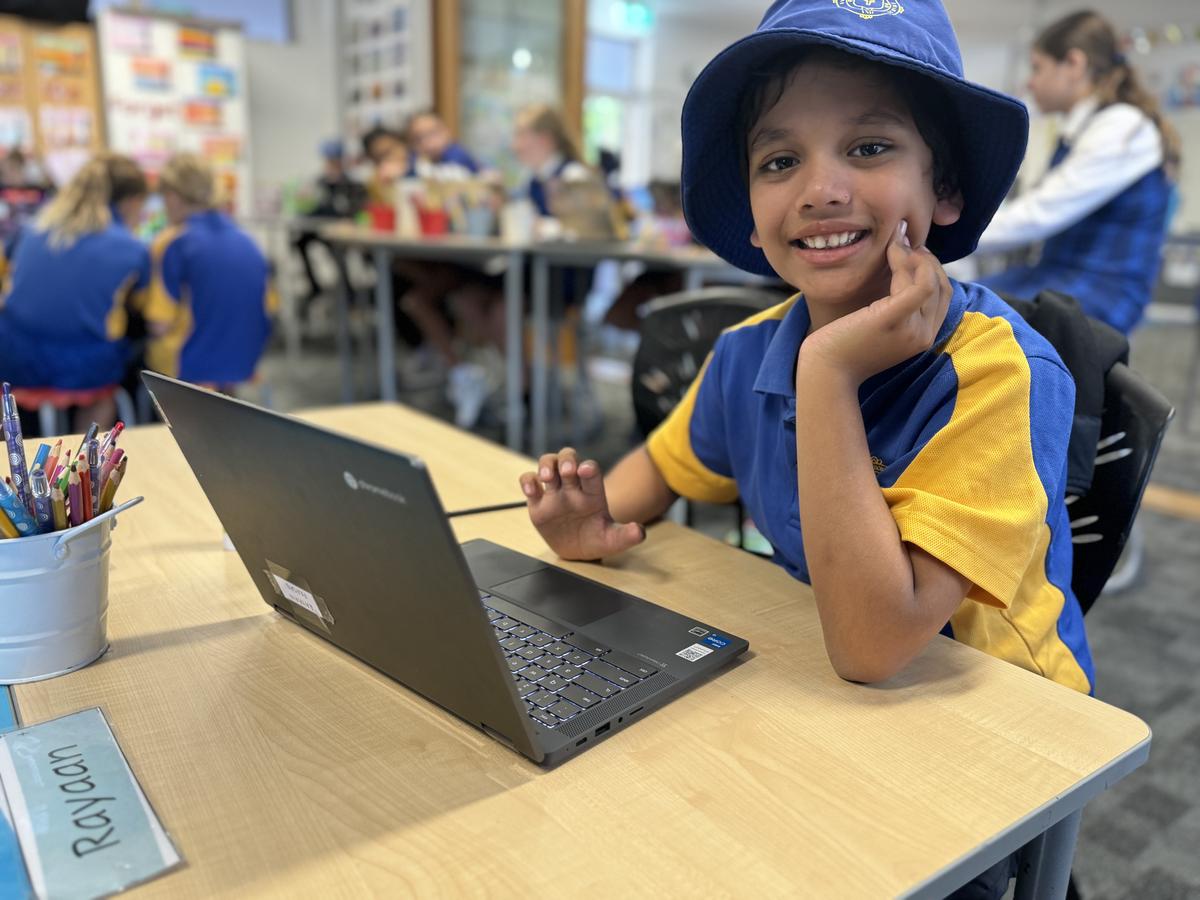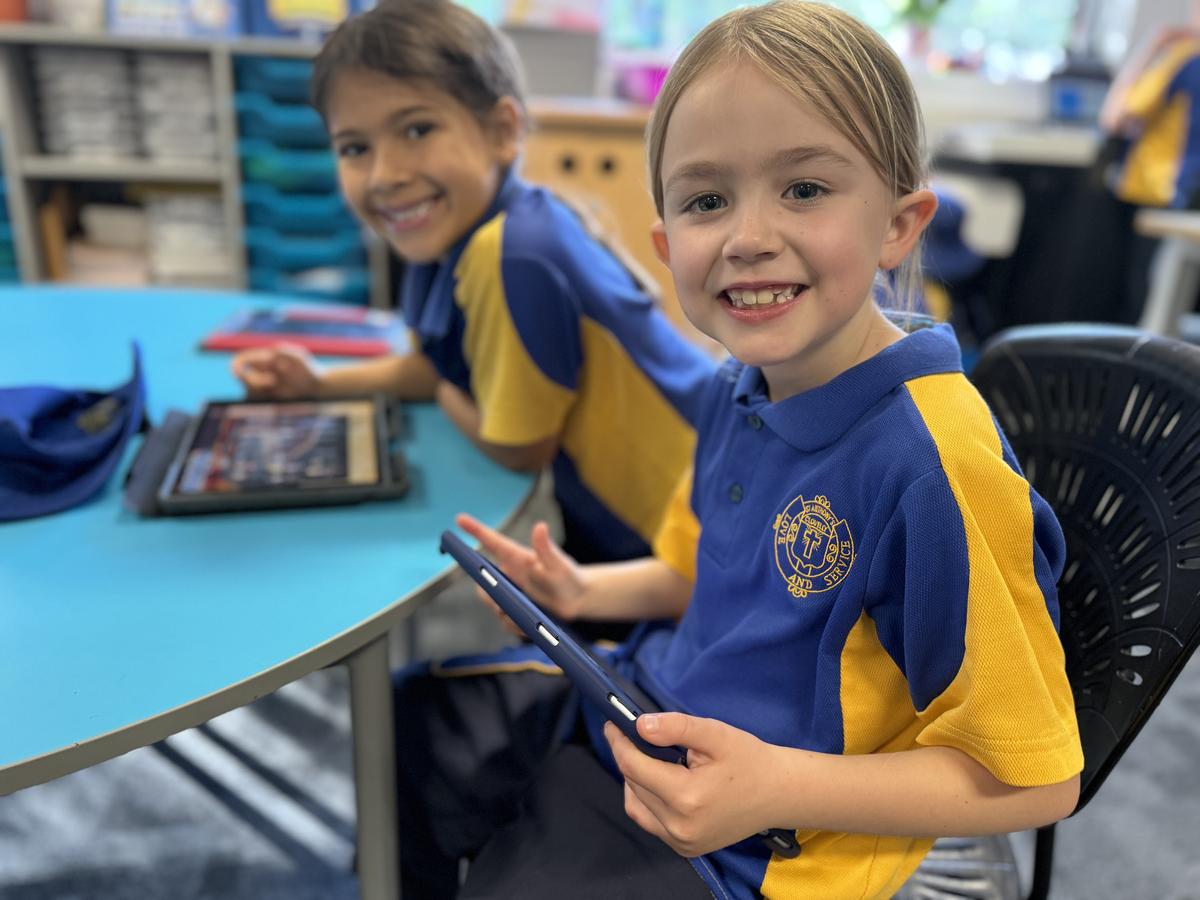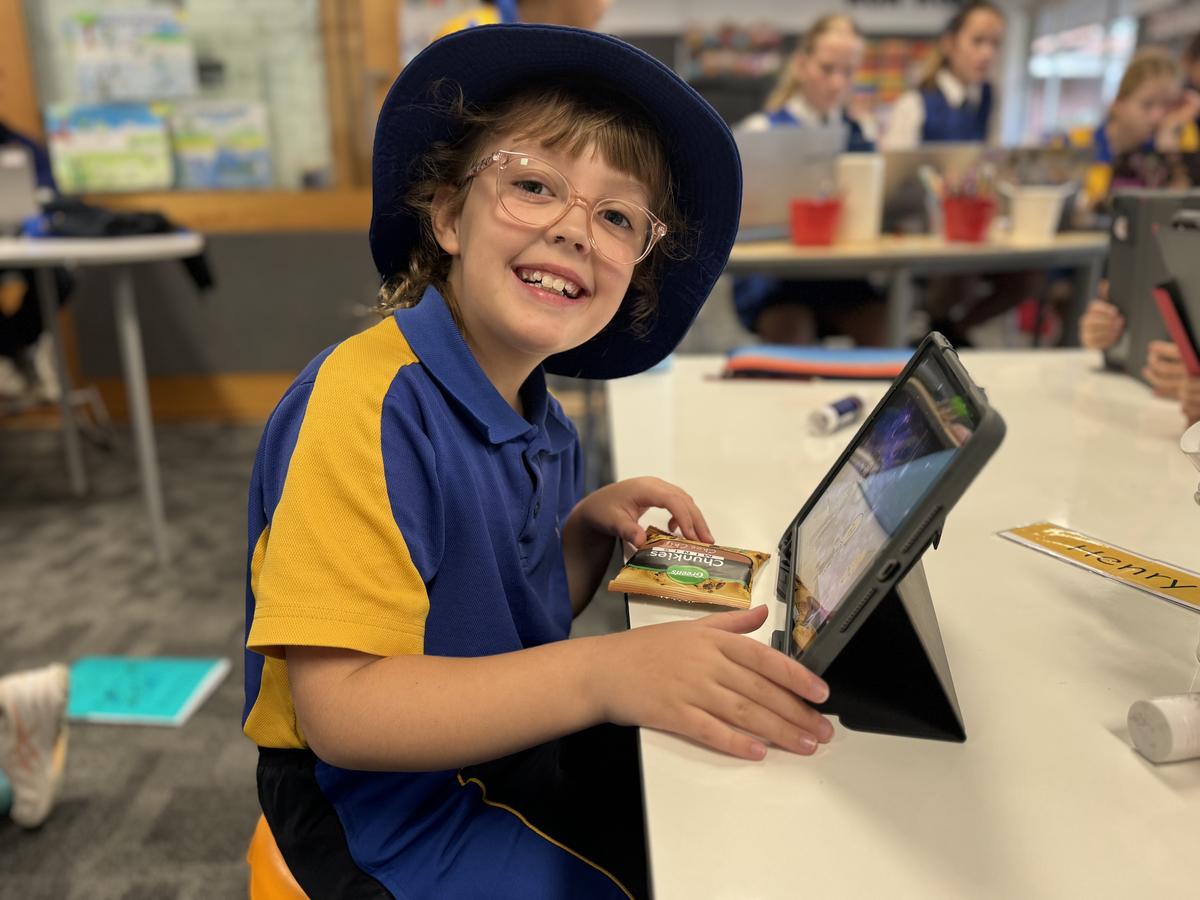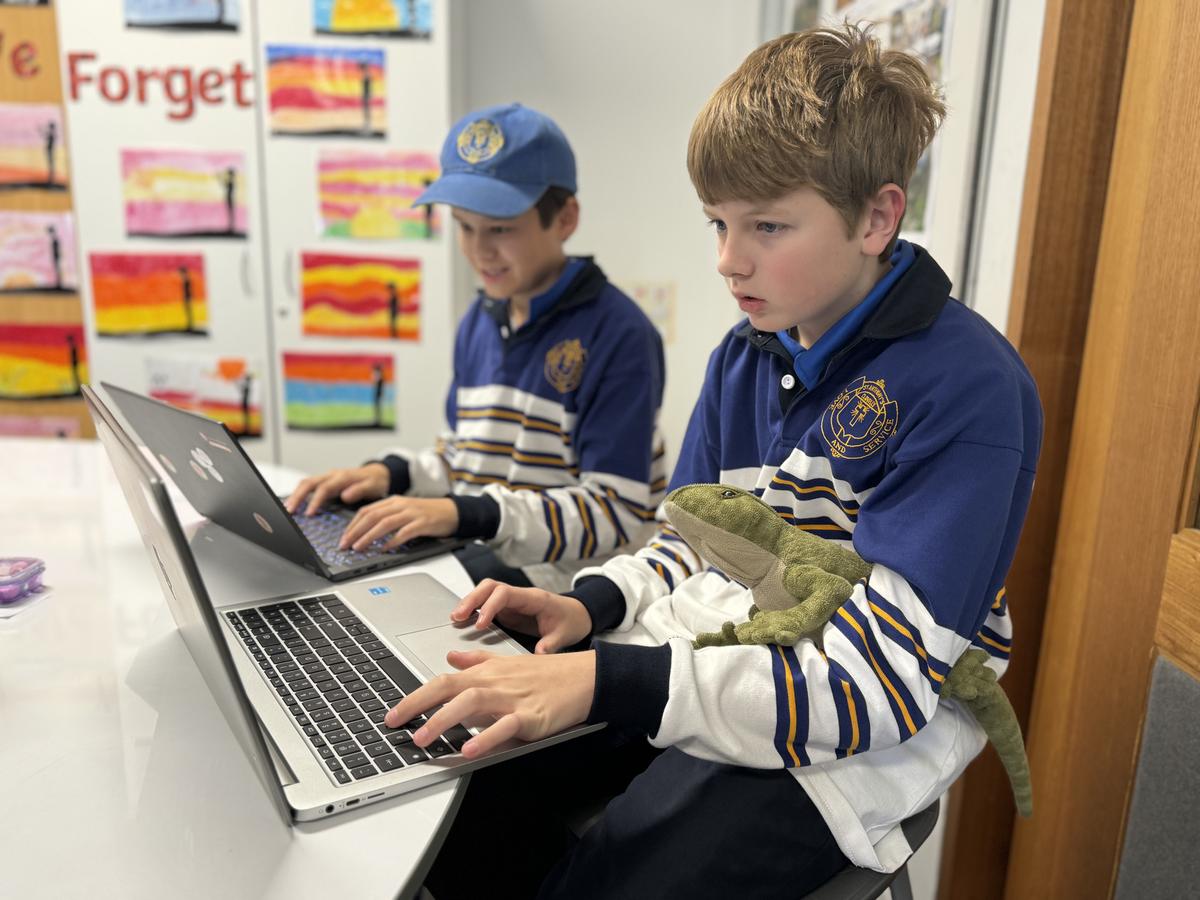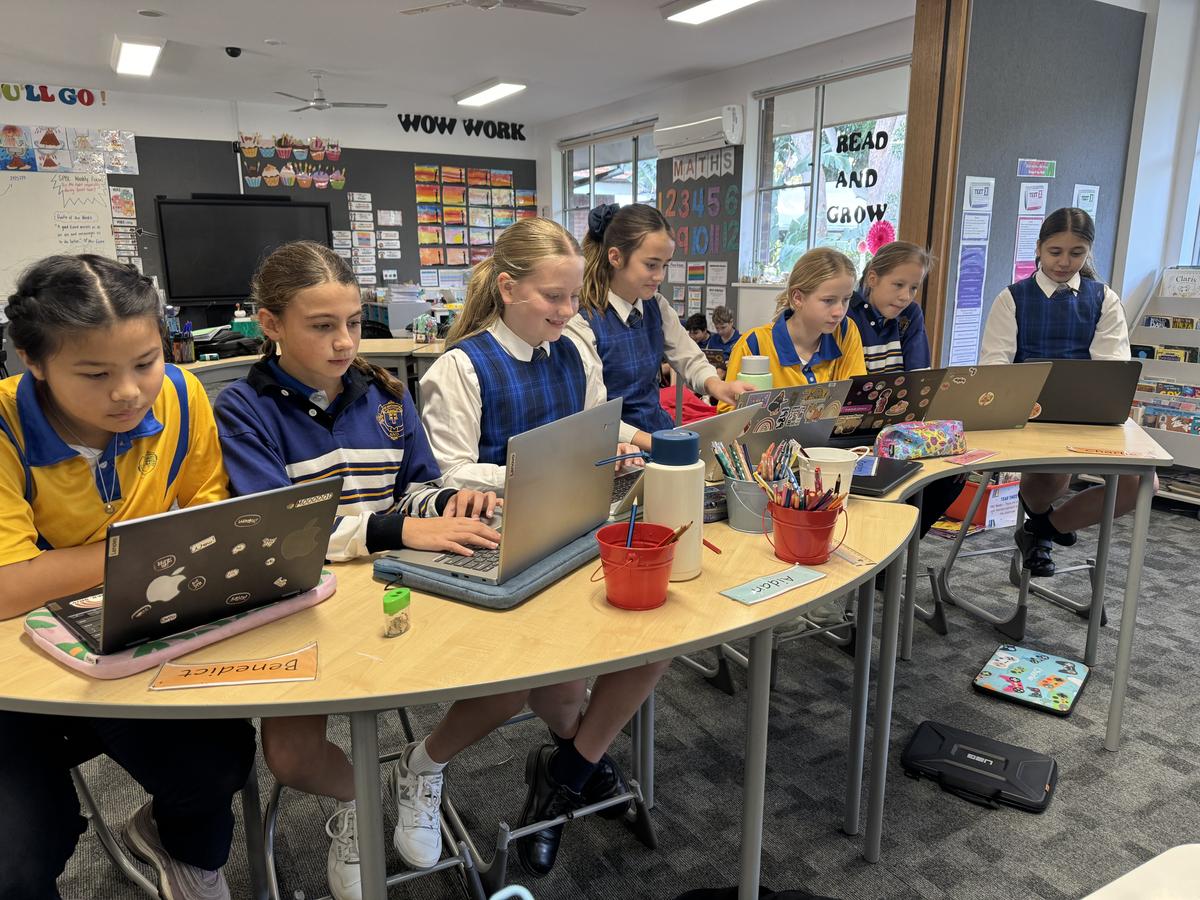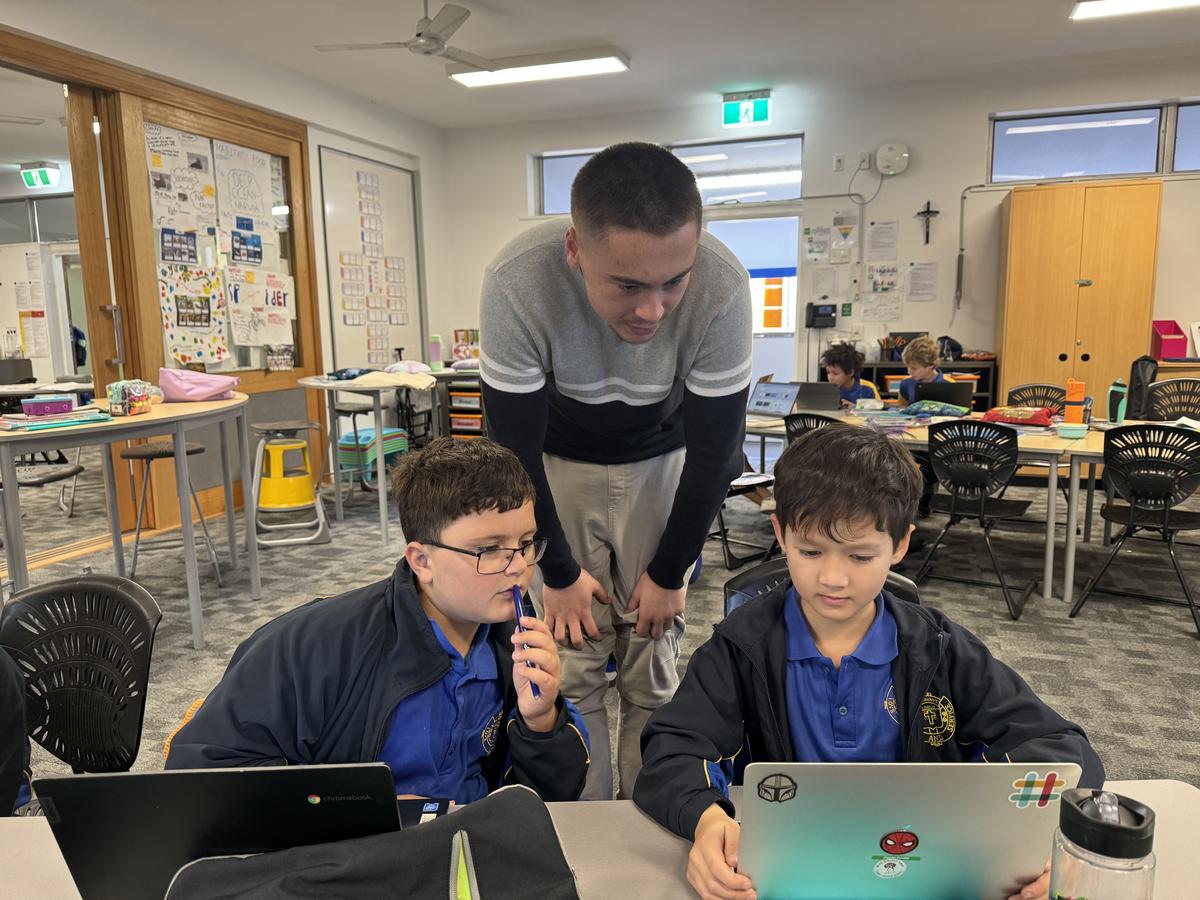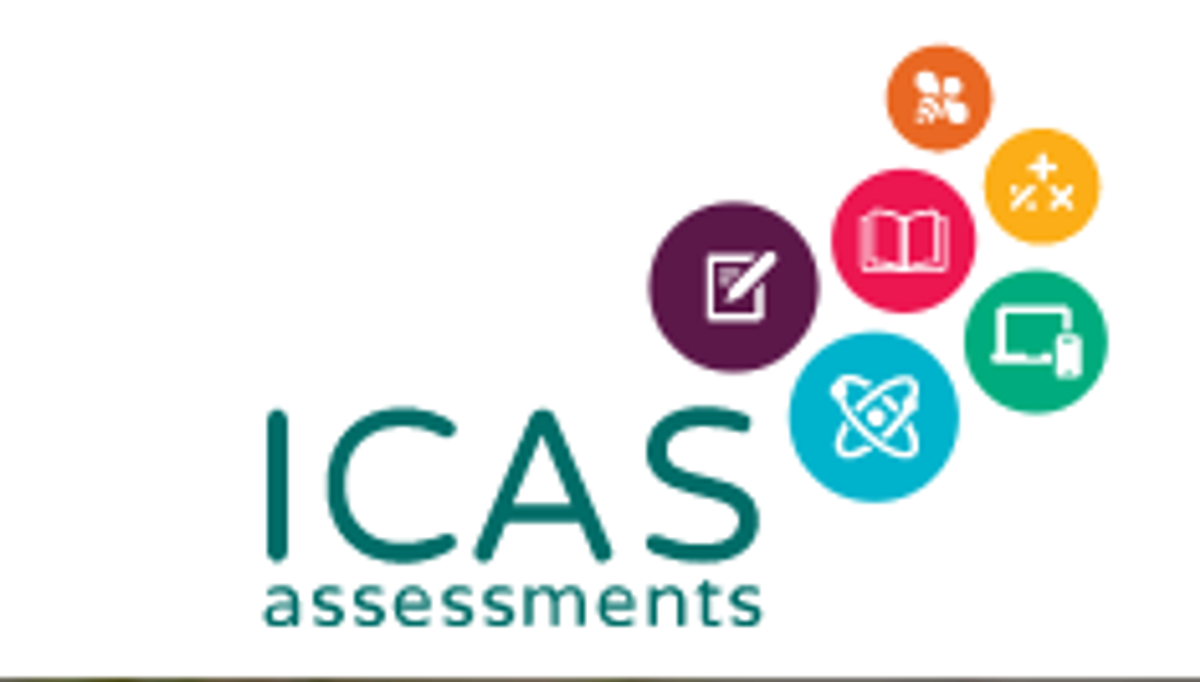Assistant Principal's Message
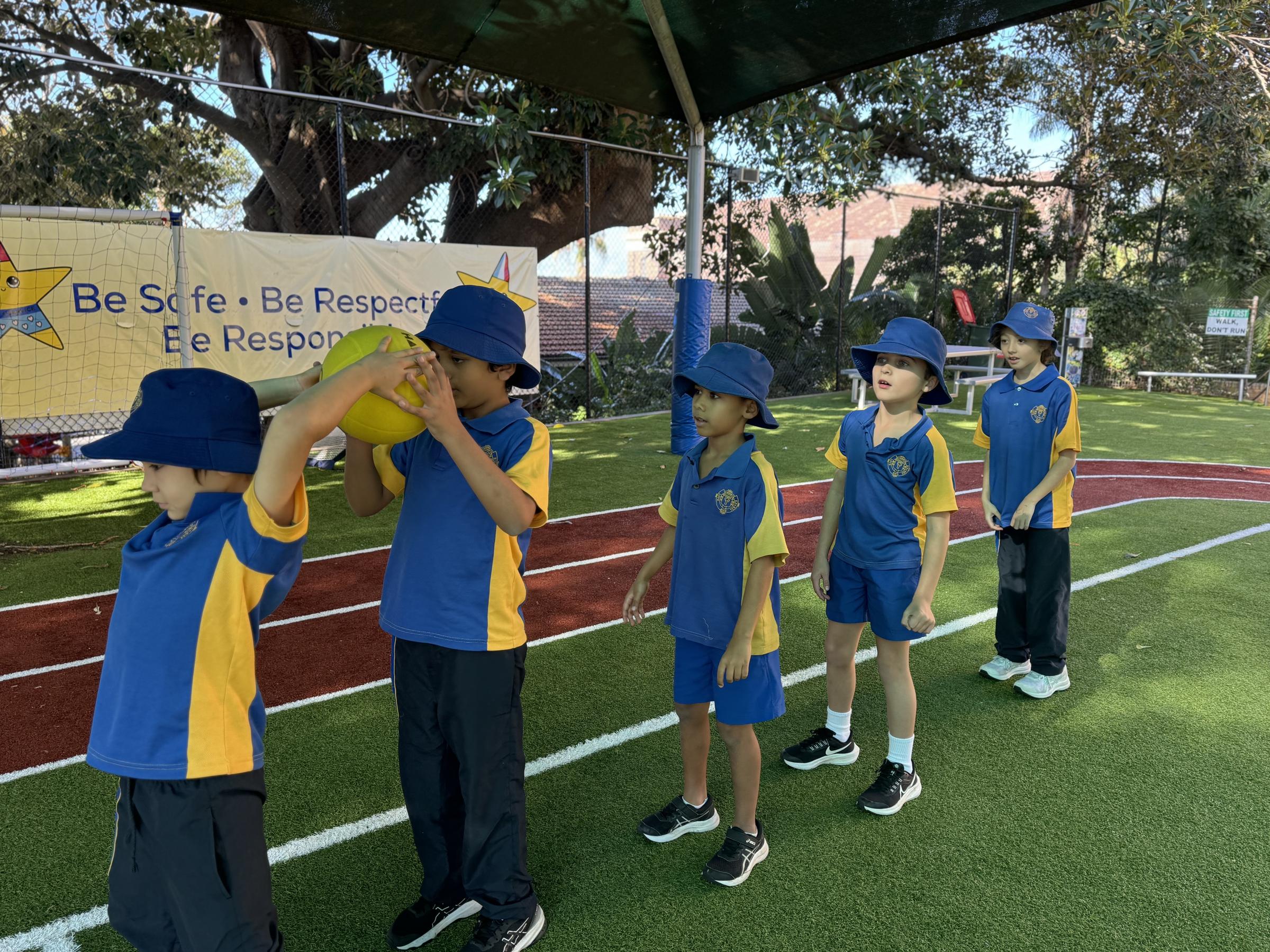
Car Pick Up
Parent/Carer Information Carline Pickup
- Students are to wait with their siblings against the wall on the footpath.
- Parents must clearly display the family surname on the front seat passenger visor so as to make the carline flow. This could be a fun activity for your child to create ;)
- Ensure you are parked correctly in alignment with the footpath, not with the back of the car protruding onto the street.
- All children are to enter their car through the kerb side door only and are not to access the boot to put in any bags.
- Teachers put the children in the cars in the afternoon.
- Parents/Carers are not to get out of their car.
- During 8.00 – 9.30am and 2.30 – 4.00pm this is a NO PARKING area. Only a 2 minute limit. Children may be dropped off or picked up. We ask that you drop your child/ren off and leave as soon as they are out of the car. Drivers are asked to move on once they have completed their pickup.
- The traffic should flow freely. Drivers move to the front of the line and the children are to get into the first three cars for pickup, and then the car moves on.
- If no spots are available you will need to drive around the block until a spot becomes vacant. Drivers are asked to move their car forward. We ask that no driver reverse park into the pick up zone as this is extremely dangerous for all concerned.
- No parking across the church driveway or across the Everlearn Preschool driveway or carpark.
Scratch Club
Throughout the school week we have several passive and alternate curricular activities that are held at lunchtime for students to get involved with. Some students love Friday lunchtimes in the Stage 2 classrooms as they have an opportunity to learn about coding or some of the younger students enjoy Mathematics and English games.
Practicum Student
We would like to welcome Mr Harrison Marsh who is completing his third year practicum from Australian Catholic University. He has placement in Year 3 and will be teaching at St Anthony's for 3 weeks.
Wellbeing: How to be a good friend
Talking to your child about being a good friend is an important part of their social and emotional development. Here are some tips and information for parents on how to approach this topic effectively:
Understanding Friendship
Explain what Friendship means and provide examples: Discuss what it means to be a good friend. Use simple terms like "being kind," "sharing," "listening," and "helping each other." Provide examples from their life or stories where characters demonstrate good friendship qualities.
Key Qualities of a Good Friend
Kindness: Explain that being kind means treating others with respect, using polite words, and considering their feelings.
Sharing: Teach the importance of sharing toys, snacks, and other items. Explain that sharing helps build stronger friendships.
Listening: Encourage active listening by making eye contact and not interrupting when their friend is speaking. Emphasise that understanding others is key to a strong friendship.
Empathy: Help your child understand empathy by discussing how to recognise and respond to their friends' feelings. Ask them how they would feel in certain situations to build their empathetic skills.
Trust: Explain that friends trust each other by keeping promises and being honest. Discuss how trust is built over time through consistent, positive behaviour.
Practical Tips for Parents
Role-playing: Use role-playing scenarios to practice being a good friend. Act out situations where they can demonstrate kindness, sharing, and empathy.
Positive reinforcement: Praise your child when you see them being a good friend. Positive reinforcement encourages them to continue exhibiting these behaviors.
Model good behaviour: Be a role model. Show your child how to be a good friend by demonstrating these behaviors in your relationships.
Discuss real-life situations: Talk about real-life situations where they struggled with friendship. Discuss what they did well and what they could do differently next time.
Books and stories: Read books and tell stories that highlight the qualities of good friendship. Discuss the characters' actions and how they contributed to their friendships.
Dealing with Challenges
Conflict resolution: Teach your child basic conflict resolution skills. Explain how to calmly discuss issues, listen to each other's perspectives, and find a compromise. Prepare your child for times when friendships may not work out.
Inclusivity: Encourage your child to include others in their activities and to befriend classmates who may feel left out.
Communication Strategies
Open conversations: Keep lines of communication open. Regularly ask your child about their friends and how they feel about their friendships.
Active listening: Listen to your child's concerns without immediately offering solutions. Sometimes, they need to feel heard and understood.
Ask open-ended questions: Use open-ended questions to encourage your child to talk about their experiences and feelings. For example, "What do you like most about playing with your friend?" or "How did you feel when your friend did that?"
Encouraging Social Skills
Playdates and extracurricular activities: Arrange playdates and involve your child in group activities to provide opportunities to practice friendship skills. Enroll your child in extracurricular activities where they can meet and interact with new peers, learning how to form and maintain friendships in different settings.
International Competitions & Assessments for Schools (ICAS)
ICAS is a series of competition assessments, set at a challenging level, which focuses on problem solving skills. Students who sit ICAS are asked to demonstrate a deeper, integrated, and thorough level of learning. The assessments are suitable for students wishing to extend themselves academically and take up the personal challenge of competing in an international assessment.
ICAS assessments can serve as a valuable tool for parents to gain insights into their child's academic performance, make informed decisions about their education, and support their learning journey effectively.
The exams are available to students in Years 2 to 6. The test will be administered BEFORE SCHOOL at 7:45am in the Year 4 classroom and will be supervised by a teacher at the school.
The following table shows the exams and the dates on which the exams are held. The cost per test is indicated below.
In 2024 students have the opportunity to participate in the following subjects:
SUBJECT | SITTING DATE | COST |
ICAS English | Monday 12 August 7:45am Year 4 Classroom | $19.95 (inc. GST) |
ICAS Mathematics | Monday 26 August 7:45am Year 4 Classroom | $19.95 (inc. GST) |
Please note: ICAS assessments have a strict testing window and if a student is absent on the designated day of testing, it may not be possible for them to complete the test.
If you would like your child to participate in any of the subjects listed above, please visit the online Parent Payment System to make a direct payment. The Parent Payment System is a simple and secure online payment service specifically for parents to purchase ICAS Assessments.
The web link is: https://shop.icasassessments.com/pages/pps
Our school’s unique access code is: RID107
Online payment closes: Monday 15 July 2024
|
Each assessment celebrates students’ accomplishments by providing opportunities for recognition. Every student will receive a printed certificate and an online result report. Top performers will be eligible for medals.
IMPORTANT: Please enter your child’s name accurately into the System as this is how it will appear on their ICAS certificate.
Fur, feathers, skin, scales, shell or hair?
Students in Years 2-6 will choose an animal to research that integrates Reading, Writing, and Geography, History, Science and Languages in a fun way. Each student will choose a an animal to study and research for the next seven weeks.
Due: Monday, 24th June
Classroom Presentations: Throughout Week 9 - Monday, 24th June to Friday, 28th June
Showcase Afternoon: Monday, 1st July from 2:15-3:00pm (Parents Welcome)
Throughout Week 9 - Monday, 24th June to Friday, 28th June each student will present their animal in any form they choose (e-books/ song/ poem/ booth board/ video/ story/ drama play/ dress up/ slide presentation/ drawing/ sculpture/ artwork/ build a model/ cardboard presentation/ diorama) to the rest of their class.
On Monday, 1st July - Week 10 @ 2:15pm we will have open afternoon for parents and carers to visit and see what great talent and academic abilities we have at St Anthony's School.
Yours in Love & Service
Marie Iorfino
Assistant Principal

